
Good Samaritan Checklist
Rob PincusKeep this Good Samaritan checklist in your head as a script you can quickly run through in case you come upon a situation where you might be compelled to act on behalf of a stranger in the public space. If you have sufficient self-defense training and are prepared to defend yourself and your loved ones, you might also be capable of getting involved in a situation where someone you didn’t know prior to the event is in trouble and you might be able to help.
Three Questions
Being a Good Samaritan can become complicated, as this first-hand account illustrates, so before you take any action on behalf of a stranger, ask yourself these three questions:
1. “Do I really know what’s going on?” Make sure you are not about to interject yourself into a situation where the person you thought was the victim actually was the instigator. And don’t butt in on a situation that involves law enforcement, for example a plainclothes security or police officer engaged in their duties and you mistakenly think they’re the bad guy.
2. “Can I actually make this situation better?” You don’t want to put yourself into the middle of a situation that may de-escalate on its own, or one that hasn’t risen to the level where you need to intervene, or one that is now beyond your capacity to make it better.
3. “What’s the least I can do?” What is the minimal way you can get involved in a situation and influence it for the better? Perhaps standing at a distance and telling someone they’d better stop what they’re doing, or calling 911. Stay out of harm’s way and influence the bad guy to stop his actions.
The answer to question #3 may change as the scenario develops and the definition of “the least you can do” fluctuates.
Share tips, start a discussion or ask one of our experts or other students a question.
Already a member? Sign in
2 Responses to “Good Samaritan Checklist”
Explore videos by Rob Pincus
You may be interested in
Premium Membership
Unlock exclusive member content from our industry experts.
- 24/7 Access to Premium Personal Defense and Firearm Training Videos and Drills
- Step-by-Step Instructional Demos and Guides
- 50% Off Video Downloads Purchased in the Personal Defense Network Shop
- Access to Ask the Expert Program
Unlock exclusive member content from our industry experts.
- 24/7 Access to Premium Personal Defense and Firearm Training Videos and Drills
- Step-by-Step Instructional Demos and Guides
- 2 Full-Length Video Downloads to Watch Offline
- 50% Off Video Downloads Purchased in the Personal Defense Network Shop
- Access to Ask the Expert Program
Gold Membership
$340 Value
Get everything included in Premium plus exclusive Gold Membership benefits.
- 24/7 Access to Premium Personal Defense and Firearm Training Videos and Drills
- Step-by-Step Instructional Demos and Guides
- 9 Full-Length Video Downloads to Watch Offline
- 2 Full-Length Personal Defense Classes to Keep for Life
- 2 In-Depth Skill Development Presentations
- Discounts on Purchase-to-Own Content in the Personal Defense Network Shop
- Access to Ask the Expert Program
- Exclusive GOLD LIVE Streaming Events
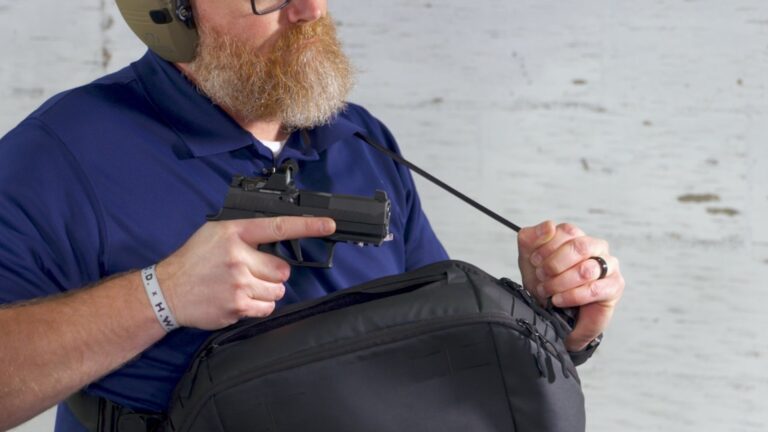

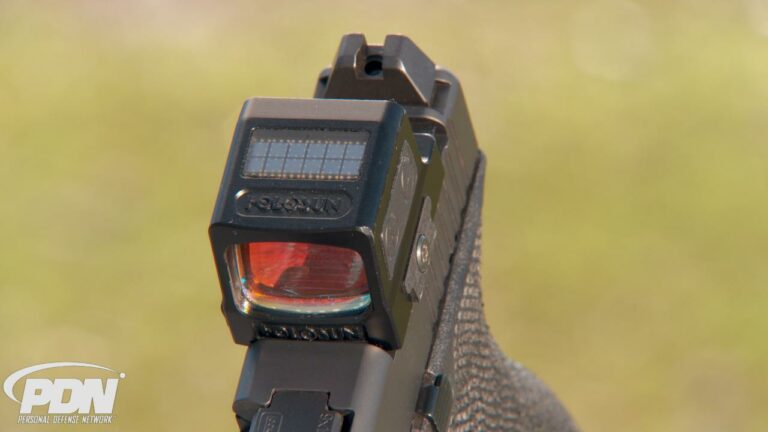
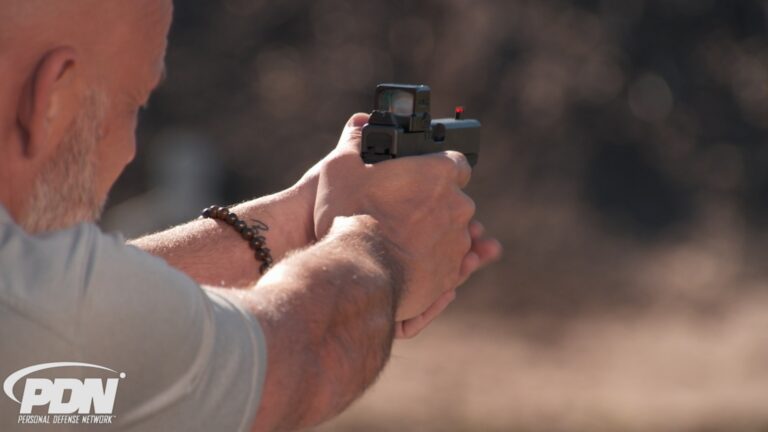

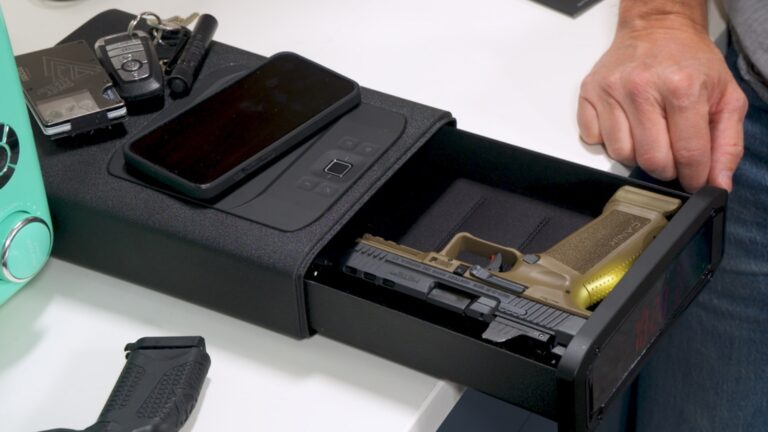
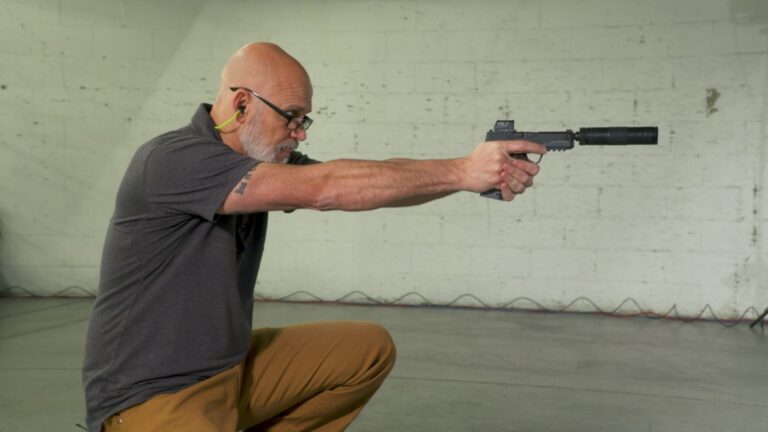
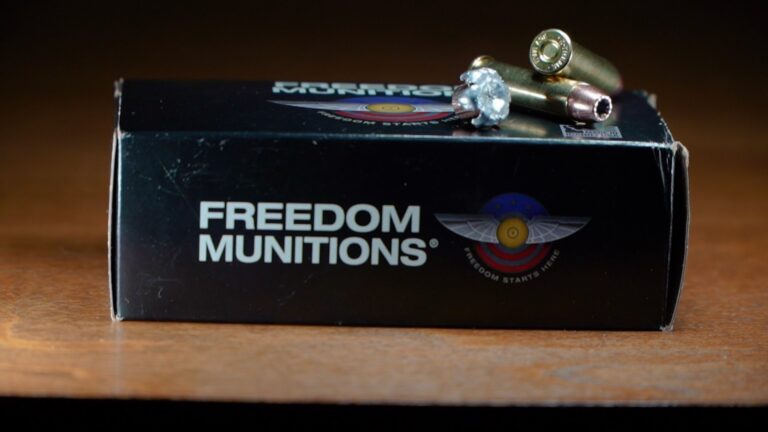


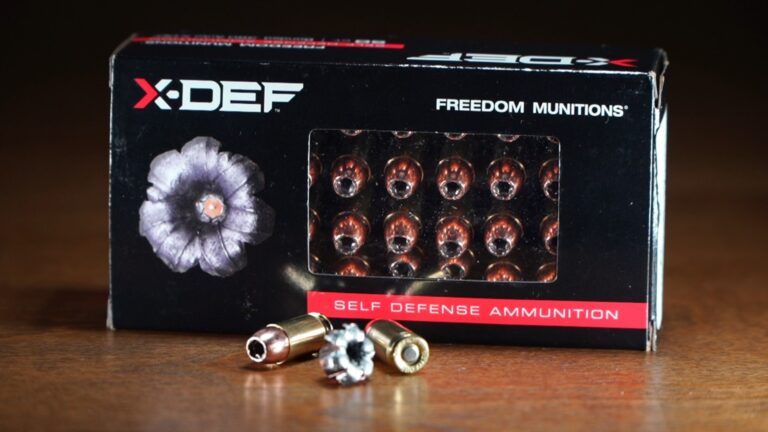

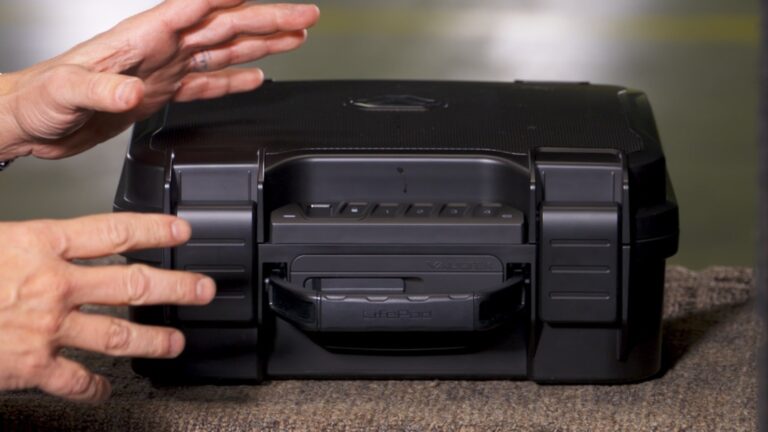
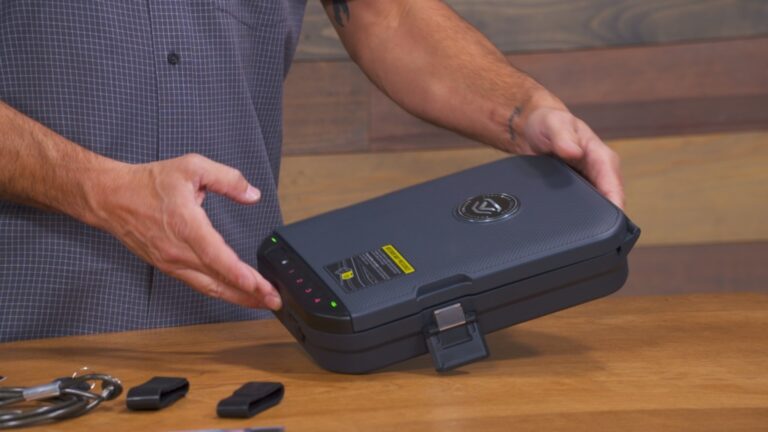
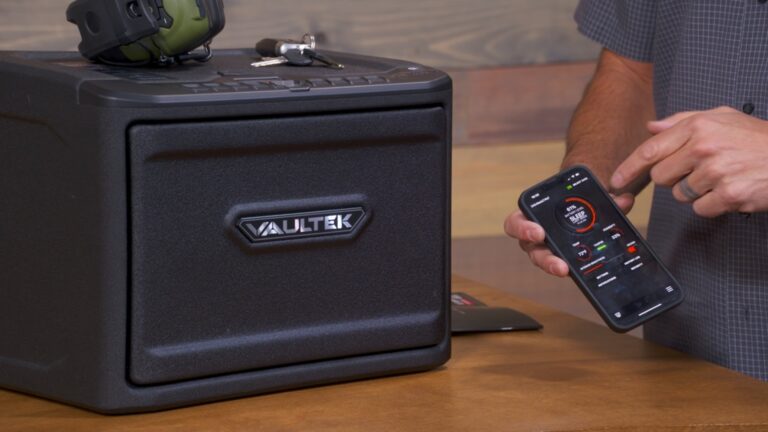
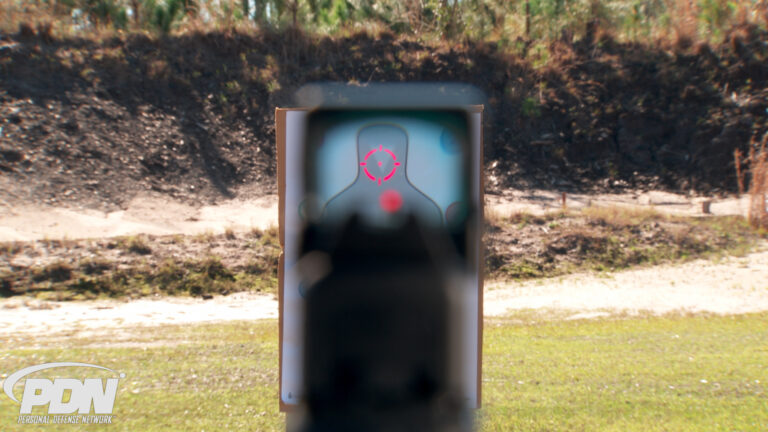
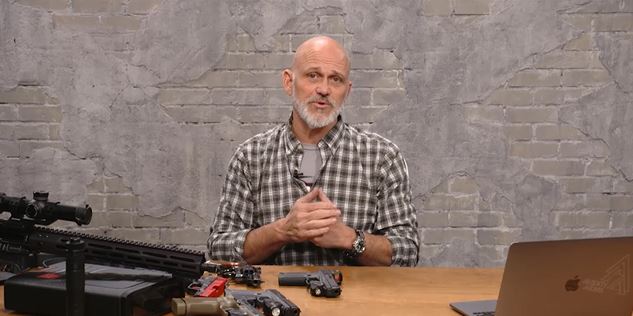
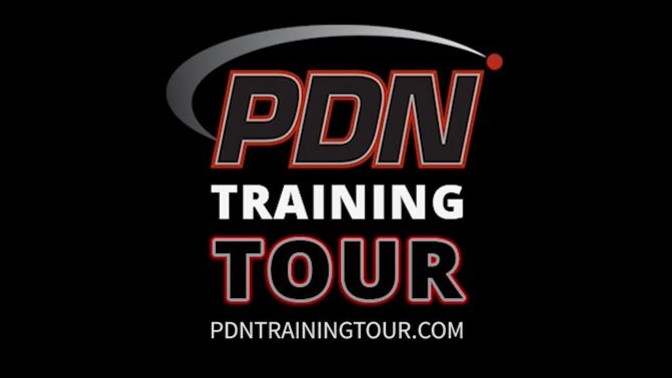

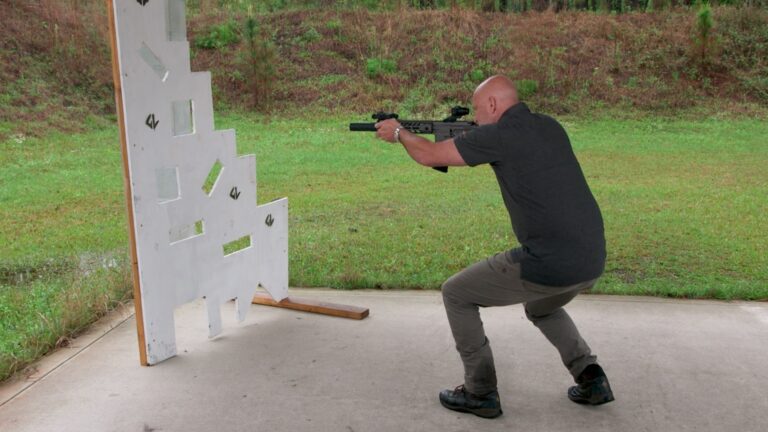
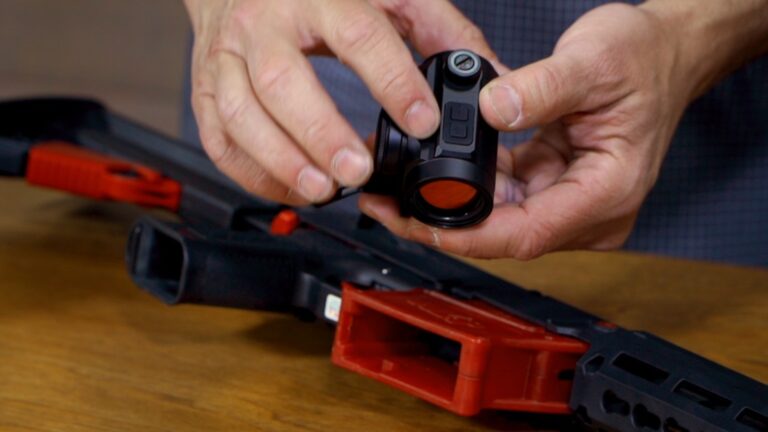

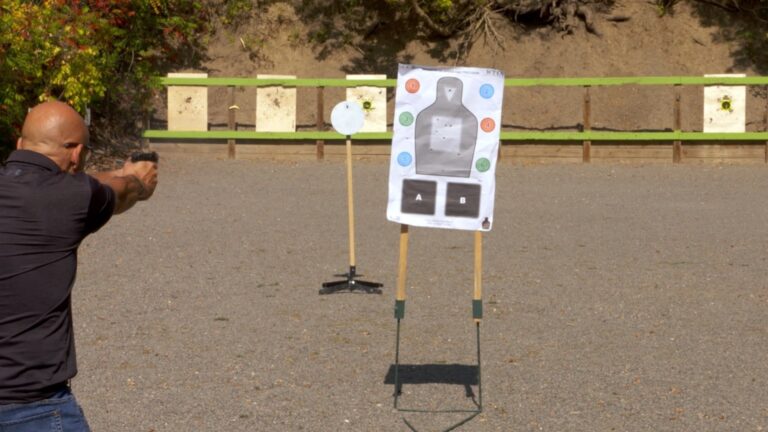
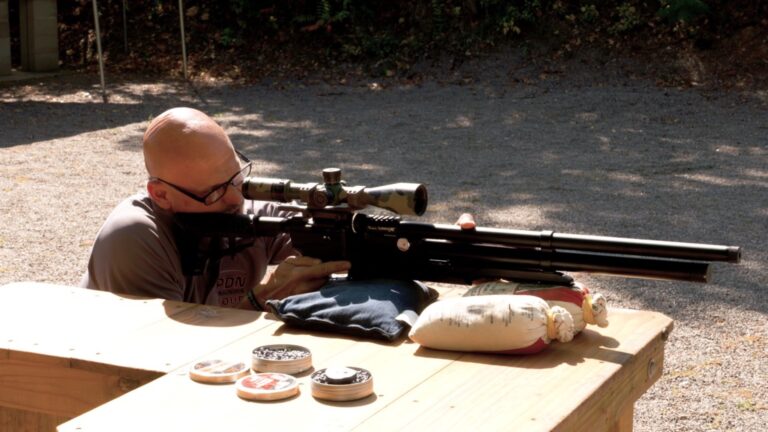
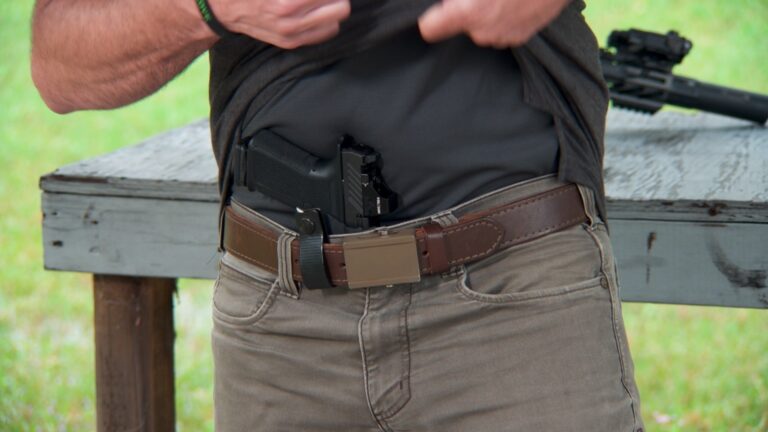

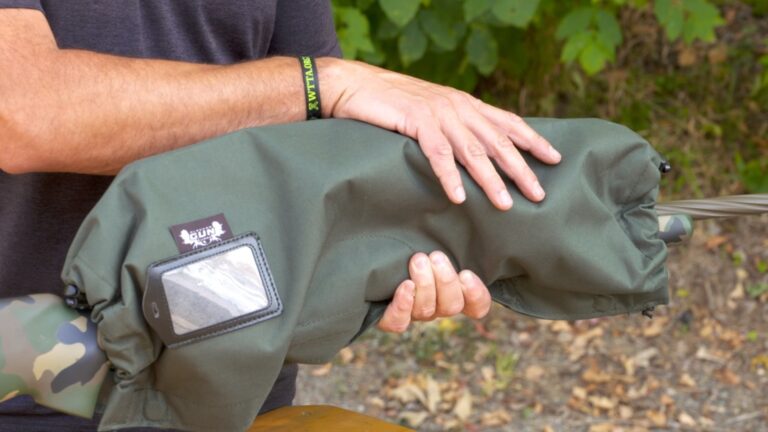
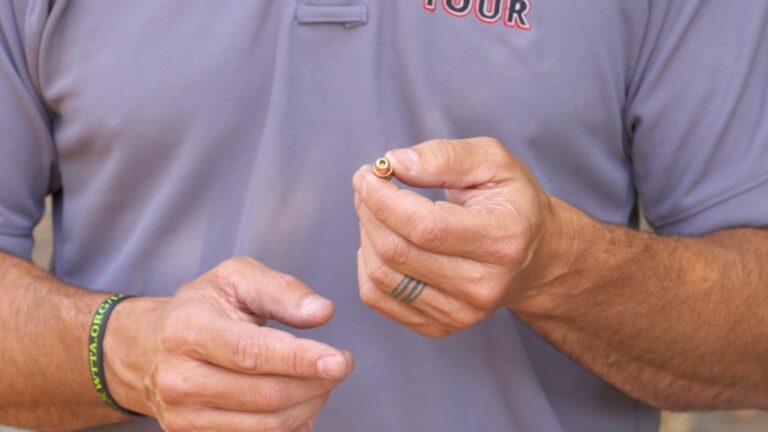

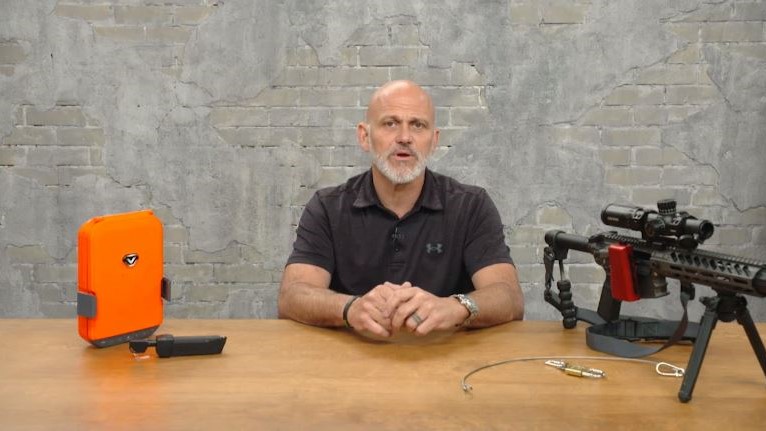

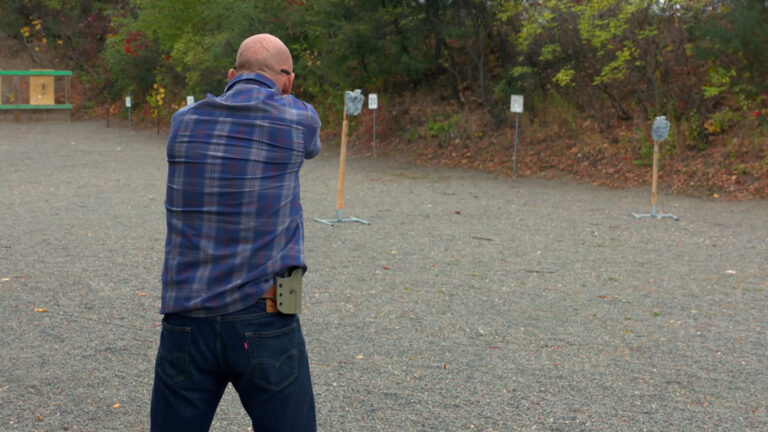
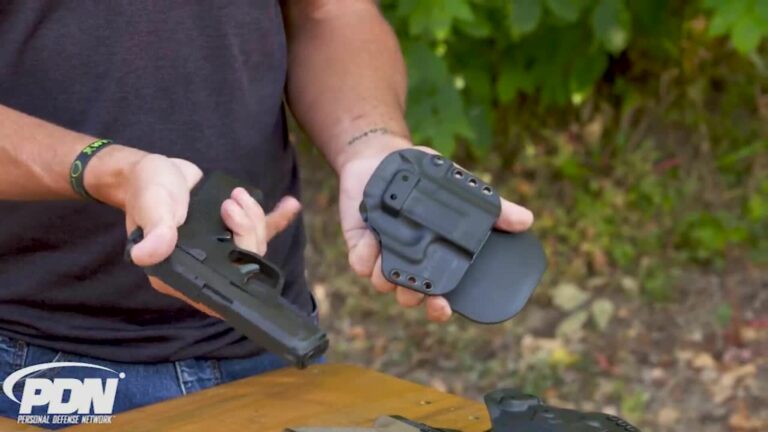
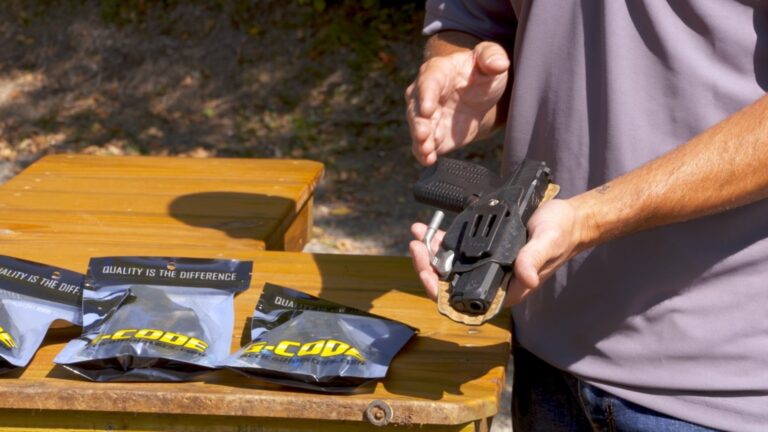
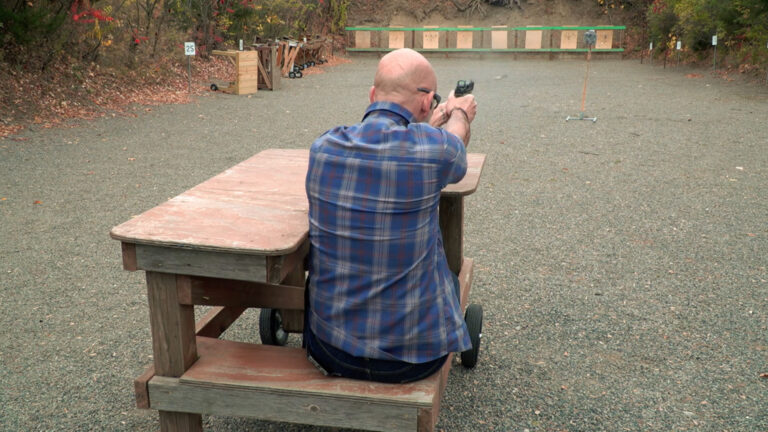


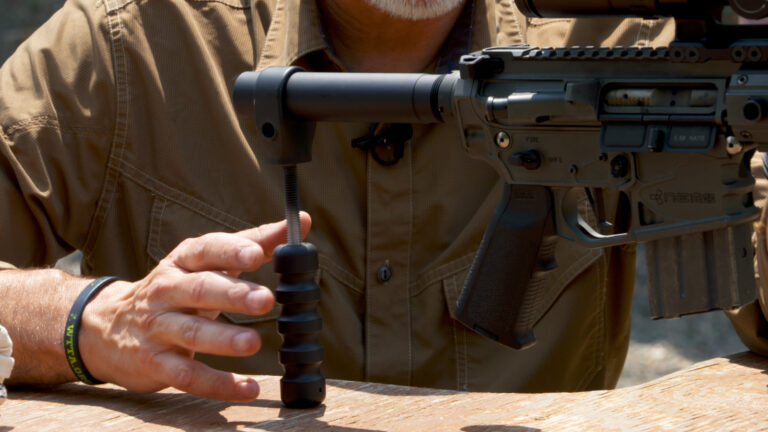

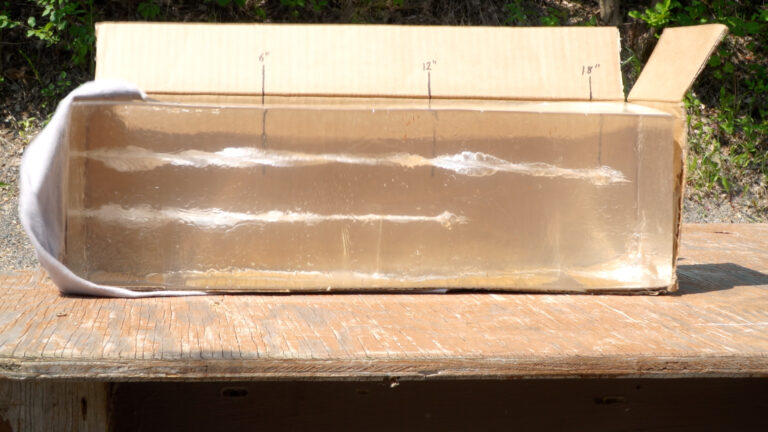
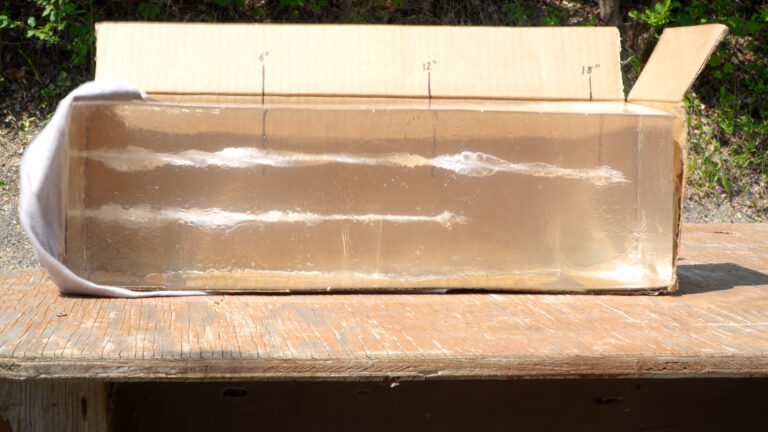
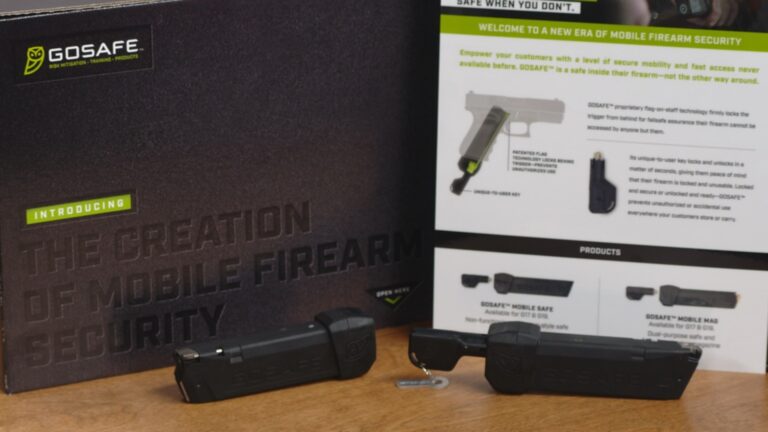
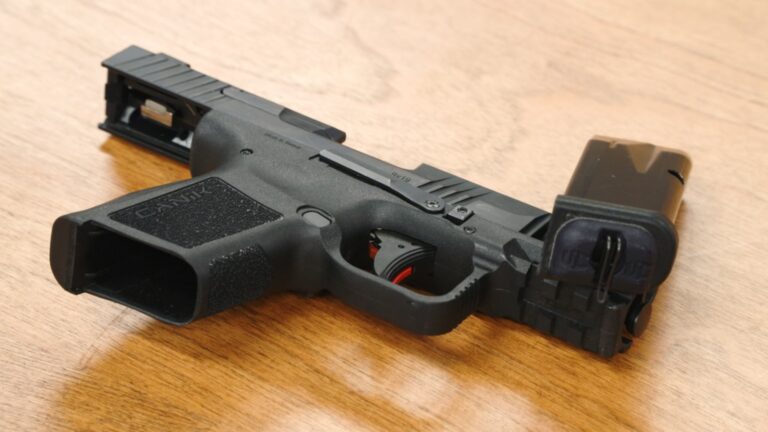
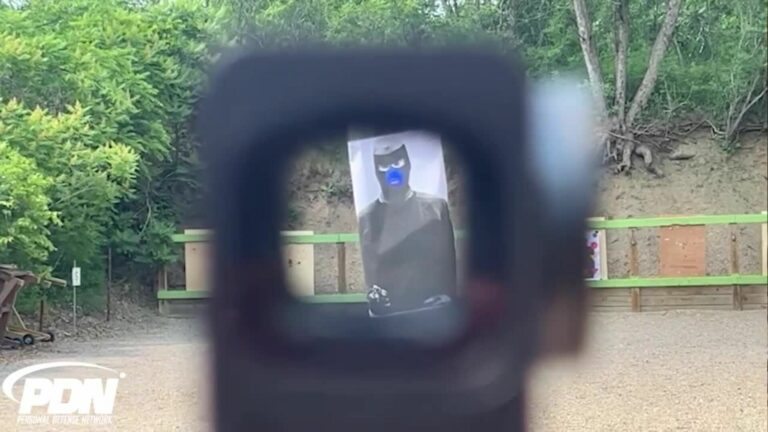
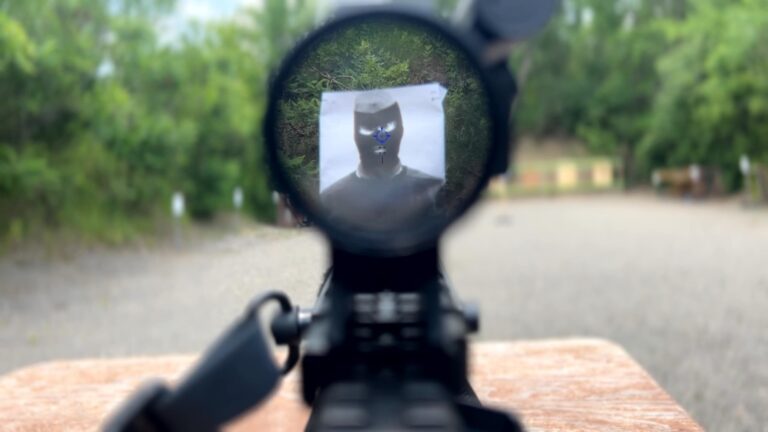
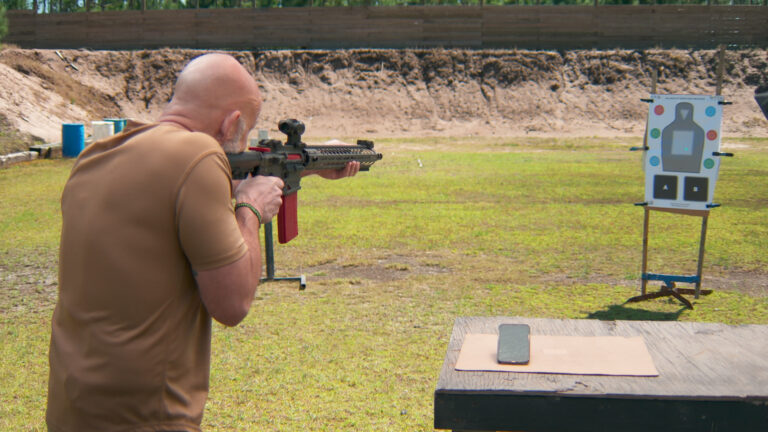

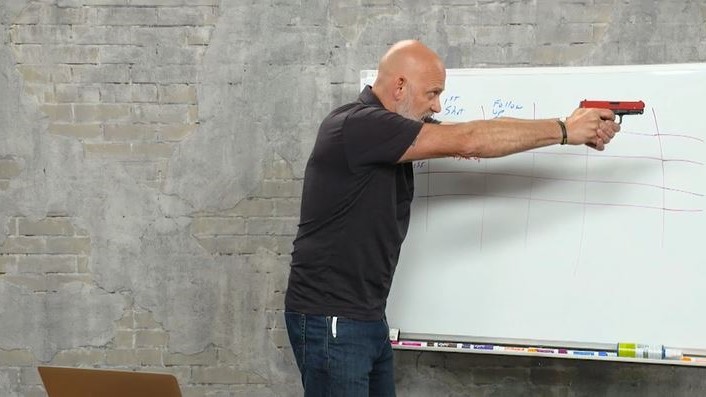

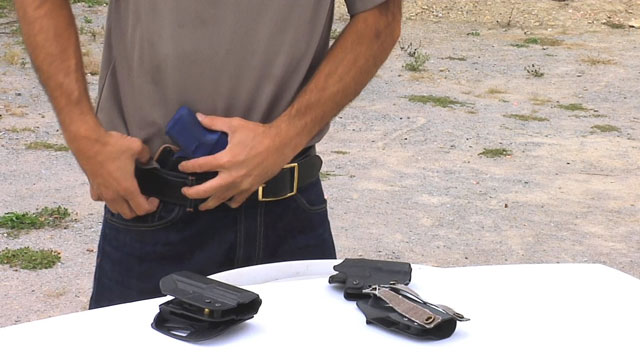













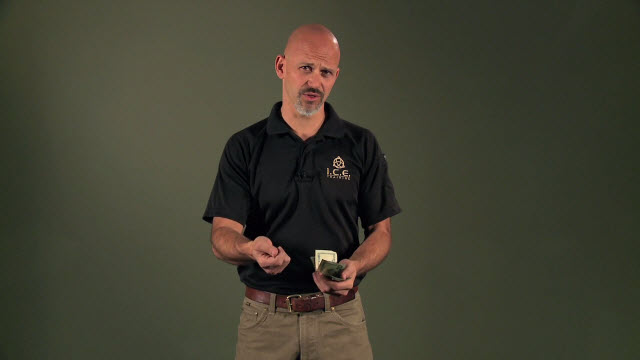
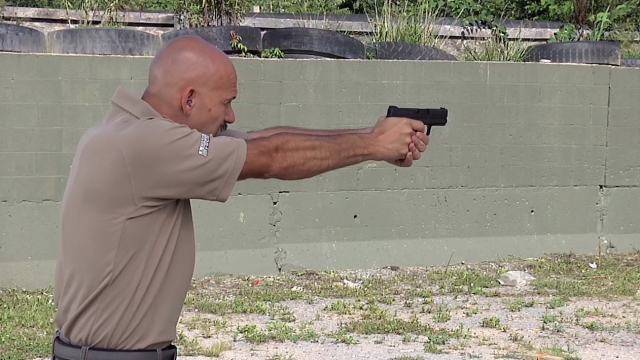






I second adding "be a good witness" to item 3.
"The Least you can do" I've never heard it phrased quite that way but it makes complete sense. I'd also put with that "Be a good witness" too. Sometimes the best thing to do is nothing and be as observant as possible. Great checklist that I will certainly take to heart.